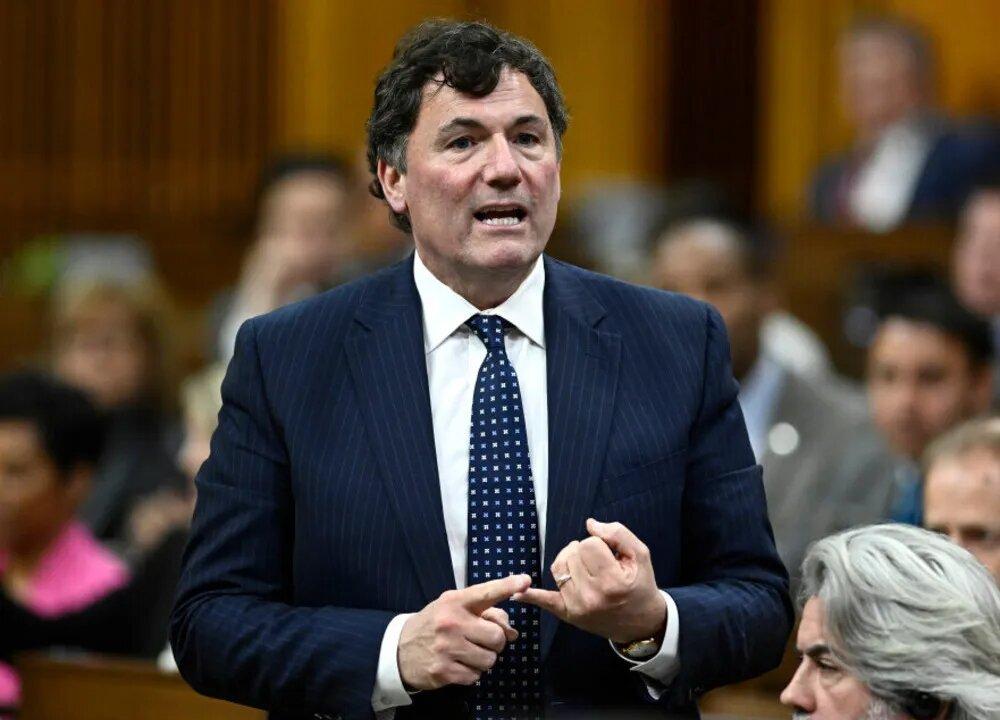The Conservatives said all parties agreed Friday on the scope for a public inquiry into foreign interference in Canada.
The agreement appeared to break the impasse between the governing Liberals and the Conservatives about how to proceed with negotiations to establish a probe into efforts of foreign governments to interfere in Canada’s elections and governance.





